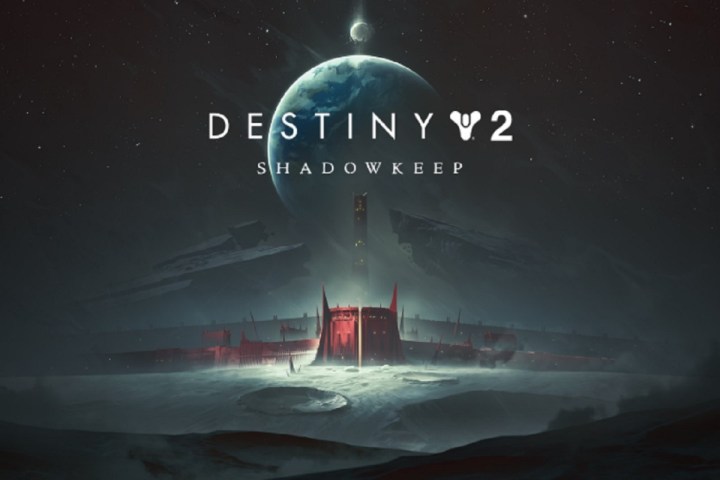
Destiny 2 will be taking a new approach to how it dishes out content with the launch of its next expansion, Destiny 2: Shadowkeep, in October. The game will introduce a new Season Pass system, which will be a premium purchase and include access to more weapon drops and challenges to complete. The system is similar to those used in popular online shooters such as Fortnite, but Bungie is rolling out the change with a freebie.
The first Season Pass for Destiny 2: Shadowkeep will be included for free with the purchase of the expansion. It’s called “Season of the Undying,” and it centers on the Vex Offensive. Through the pass, you’ll get four legendary weapon drops, as well as weekly and daily bounties, weekly challenges with rewards, a weapon quest for an exotic bow, legendary armor for all three classes, an exotic hand cannon, and other cosmetic gear.
Bungie decided on this approach to post-launch premium content in order to reward players who continue to play the game rather than just fork over cash. You will need to play and progress in order to unlock rewards, but in the last few weeks of the season, Bungie will have a paid “catch up” system for those who didn’t have time to acquire the gear. Subsequent Season Passes will cost $10 each, and will feature a similar structure to the first. Four seasons will be released over the next year.

“It’s an evolution and an experiment, and hopefully what you’ve seen lately is that we’re going to keep being agile and continuing to make the best decisions for the game along with you,” said game director Luke Smith in an announcement.
A big change is also coming for those who only own the original Destiny 2. Now called Destiny 2: New Light, this version of the game will still include access to the Moon, the first Shadowkeep mission, two more strikes, two new PvP maps, the new armor customization system, and certain seasonal rewards. If you like what is available, you can then to purchase the full expansion.
Destiny 2: Shadowkeep is the first release for the series since it split from publisher Activision. Bungie is now self-publishing the game, and it will be released on October 1 for Xbox One, Playstation 4, and PC. Cross-save support has been enabled as well, and the game will be available on Google Stadia in the future.
Editors' Recommendations
- Destiny 2: The Final Shape’s new subclass combines light and dark
- You need to try this new, adrenaline-fueled Xbox Game Pass highlight
- These Activision Blizzard games need to come to Xbox Game Pass this year
- Destiny 2 studio Bungie hit by layoffs, internal game delays
- Try these 2 indie greats before they leave Xbox Game Pass next week


